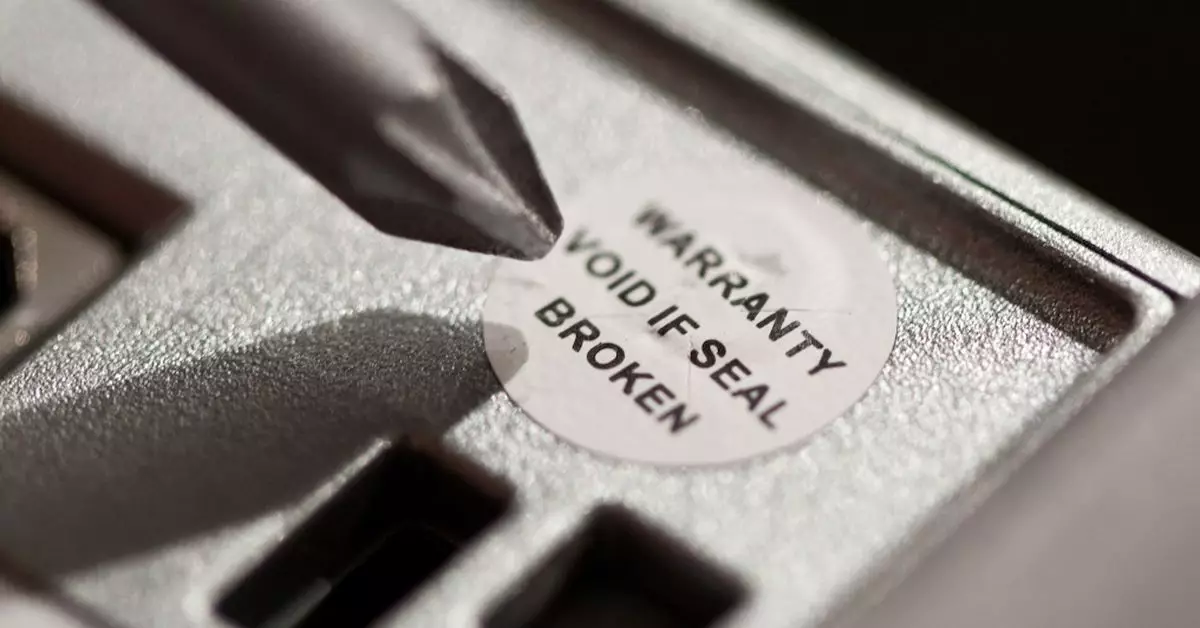The Federal Trade Commission (FTC) recently sent letters to tech companies ASRock, Gigabyte, and Zotac, reminding them that the use of “warranty void if removed” stickers on their products is illegal. These stickers are often placed over screw holes or other access points to prevent consumers from opening up the device. The FTC expressed concerns that these companies may be using these stickers to unfairly deny warranty coverage to consumers.
The FTC cited the Magnuson-Moss Warranty Act, a federal law that prohibits companies from conditioning their warranties on the use of specific products or services. The Act aims to protect consumers from unfair warranty practices and ensure that companies uphold their warranty obligations. By threatening to void warranties if stickers are removed or products are tampered with, ASRock, Gigabyte, and Zotac may be violating this law.
ASRock’s warranty explicitly states that the warranty will be void if the product is opened or modified in any way. Similarly, Gigabyte includes a provision that the warranty will be invalidated if the manufacturing sticker inside the product is removed or damaged. These practices go against the principles of the Magnuson-Moss Warranty Act and could lead to legal repercussions for the companies.
This is not the first time the FTC has taken action against tech companies for misleading warranty practices. In 2018, Nintendo, Sony, and Microsoft were put on notice for similar violations regarding their game consoles. After the FTC intervened, these companies updated their policies to comply with the law. It is crucial for companies like ASRock, Gigabyte, and Zotac to review their warranty terms and ensure that they are in line with federal regulations.
While these stickers may be legal in some parts of the world, the FTC’s focus is on companies operating within the United States. Tech companies like Asus have also faced scrutiny over their warranty practices, prompting a shift in their customer support policies. The FTC’s actions serve as a reminder to all tech companies that they must adhere to the Magnuson-Moss Warranty Act and provide fair warranty coverage to consumers.


Leave a Reply